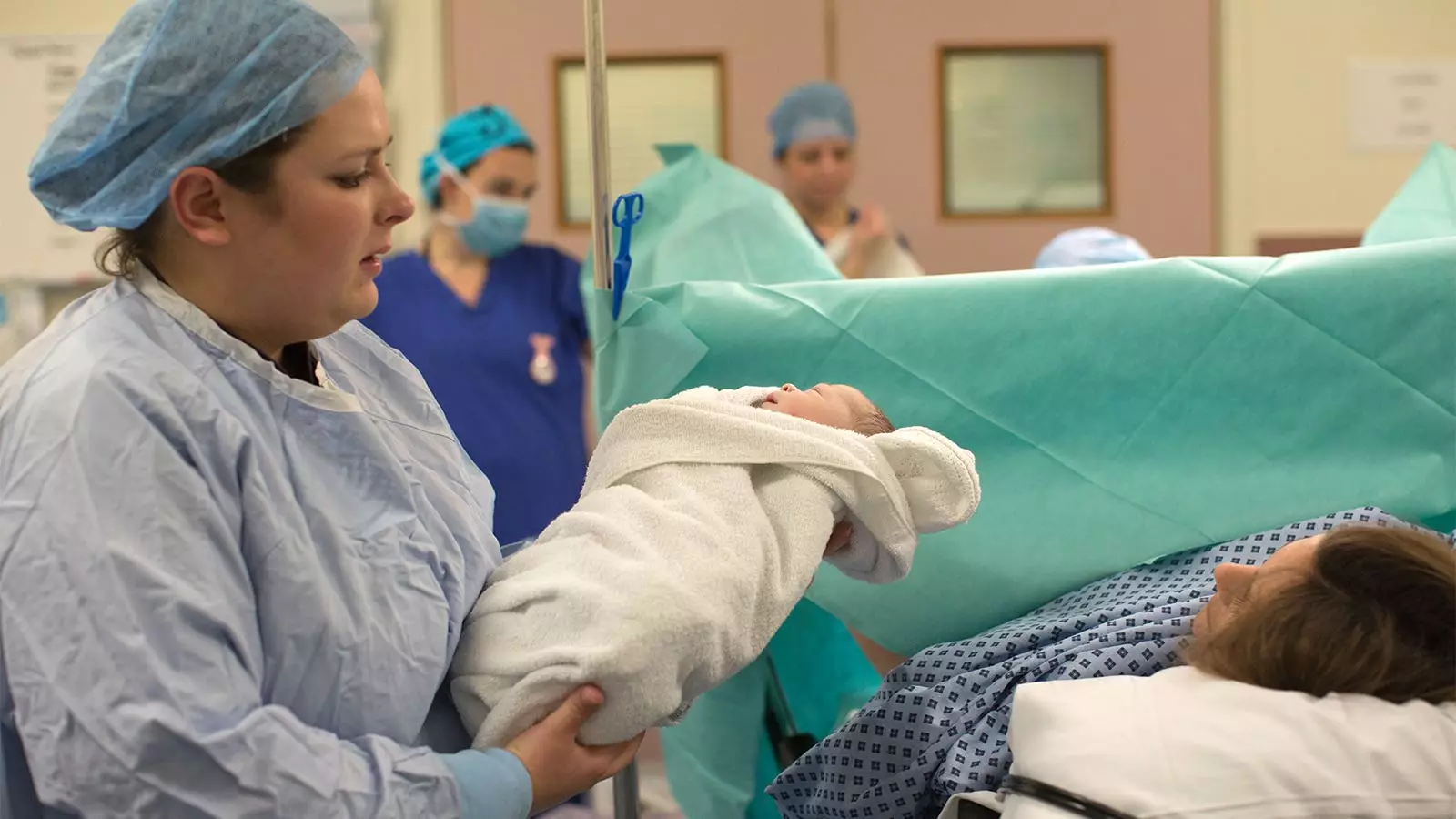As a medical student, I have come across numerous stories of women recounting their traumatic birth experiences, from emergency C-sections to unexpected complications leading to life-threatening situations. While these stories may be common in the realm of healthcare providers, the psychological toll it takes on women postpartum is often overlooked. Childbirth-related post-traumatic stress disorder (CB-PTSD) is a recognized phenomenon affecting a significant percentage of women after childbirth, yet the screening and detection of this condition remain lacking in routine clinical practice.
In the weeks following childbirth, postpartum patients are typically screened for postpartum depression during ob/gyn visits. However, PTSD, specifically CB-PTSD, is not given the same level of attention. The standard PTSD screening questionnaire fails to address childbirth as a traumatic event, leaving many women undetected and untreated. By not asking specific questions related to recurrent nightmares or flashbacks of the birth experience, we are allowing these women to suffer in silence while prioritizing physical well-being over mental health.
Early detection of CB-PTSD is crucial in providing timely intervention and preventing the worsening of PTSD symptoms. While postpartum patients are seen by medical teams in the first few days following childbirth, the focus tends to be on physical recovery rather than mental well-being. By incorporating a more detailed PTSD questionnaire that acknowledges childbirth as a triggering event, healthcare providers can identify high-risk patients and connect them with appropriate therapy and support early on.
A Call for Increased Awareness
As an aspiring ob/gyn, I urge healthcare providers to prioritize the mental health of postpartum patients by considering the possibility of CB-PTSD in their assessments. While clinical visits may be packed with numerous topics to cover, addressing CB-PTSD could make a significant difference in how women process their birth experiences and ultimately heal. By collaborating with psychiatric colleagues and implementing thorough screening measures, healthcare providers can ensure that women receive the support and care they need during this vulnerable time.
The psychological impact of childbirth should not be overlooked or trivialized. It is imperative that healthcare providers take a proactive approach in screening for and addressing CB-PTSD to ensure the well-being of postpartum patients. By raising awareness and incorporating comprehensive PTSD screening measures into routine postpartum care, we can create a system that supports women in their journey to recovery and healing. Let us not allow these women to suffer in silence, but instead provide them with the resources and support they need to navigate the emotional challenges of childbirth.



Leave a Reply